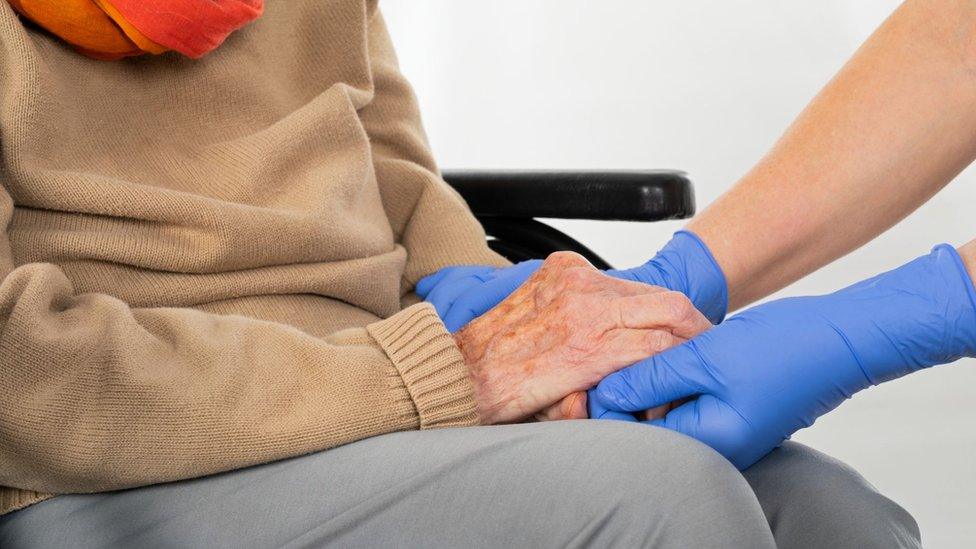Coronavirus: Surgeons voice frustration at pace of return
- Published
- comments
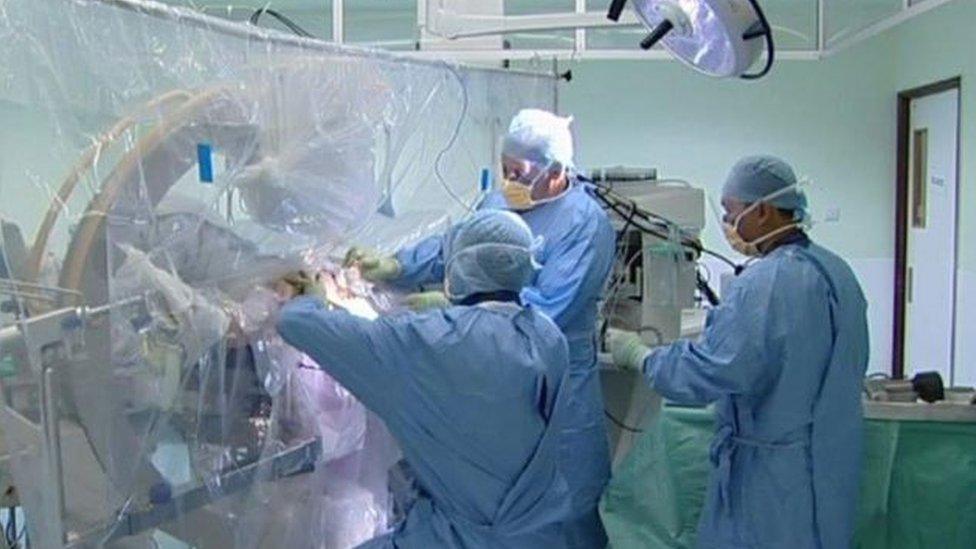
A consultant orthopaedic surgeon has said the return to delivering care five months after the start of the pandemic is proving to be "frustratingly difficult and lengthy".
Gavan McAlinden, from the Royal College of Surgeons, said it often feels that appeals for the reopening of clinics are "falling on deaf ears".
"My colleagues are immensely keen to resume more normal operating," he said.
"Of course we have to have the checks and balances in place."
Mr McAlinden told BBC News NI that he and his colleagues are "aware that there could be a new surge or a second wave of cases".
"While we will always try to minimise the risk to ourselves and to our patients, we are keen to resume, to a much greater extent, our elective service."
The Department of Health said the health and social care system is committed to rebuilding services as quickly as possible, "while continuing to protect patients and staff from Covid-19".
"The scale of the challenges we face must not be underestimated. Normal business will not be possible for the foreseeable future," it said in a statement.
"Social distancing restrictions mean the health system's capacity to provide appointments, diagnostic tests, operations and a wide range of other services will be significantly constrained."
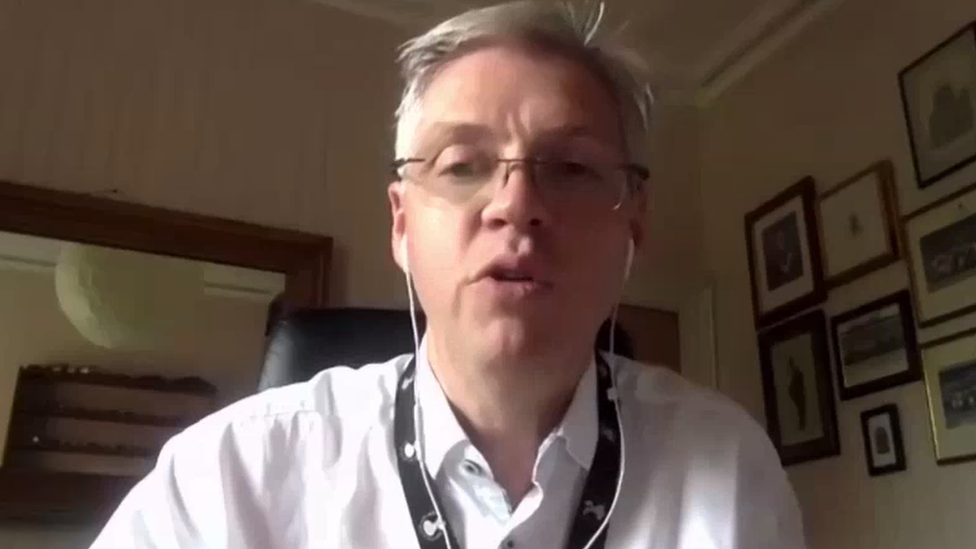
Gavan McAlinden said surgeons are keen to resume more normal operating
Mr McAlinden accepts the Department of Health is facing many hurdles, but is also aware that patient lists are growing.
"I'm not in their shoes, so I don't know the demands they've had," he said.
"From my point of view as a surgeon and as an advocate for patients, I would be keen to see things move along as fast as they possibly can."

Analysis
By Marie-Louise Connolly, BBC News NI health correspondent
Reopening health and social care during the pandemic is not without its challenges.
First, social distancing in hospitals, including in waiting rooms and on wards is problematic and immediately cuts footfall across all hospital sites.
There is also the additional pressures of staff wearing PPE and the time that can add to appointments.
Some staff, including nurses have yet to return to their normal posts and continue to act as support staff in Covid-19 areas. Many staff also continue to be off sick.
But as the number of Covid-19 cases fall, and the impact on the health service lessens, some are questioning why services cannot resume sooner.
The health minister said increasing activity, while at the same time coping with Covid-19, would be a "significant challenge".
That challenge involves officials attempting to prepare for a potential second wave of the virus while at the same time keeping other parts of the health service running as normal.
It's a twin track process but something the health service has never had to deal with before.

In order to rebuild health and social care services, a strategic framework document was published on 9 June.
The health trusts are releasing progress on this every three months.
The latest show targets for increasing face-to-face and virtual outpatient appointments by the end of September across a number of specialities including cancer services, diagnostics, speech and language therapy, CAMHS ( Child and Adolescent Mental Health Services) and dementia.
South Eastern Health Trust Chief Executive Seamus McGoran told BBC's Good Morning Ulster that the "vast majority" of services continue to be delivered to the public.
"We are prioritising our most urgent patients as best we can and we are rebuilding our services," he said.
"All trusts are doing more this month than we did back in the height of the pandemic and we will be doing more next month," he added.
He said doing this in the middle of a pandemic that "hasn't gone away" meant managing with "reduced physical capacity and social distancing".
He also dismissed rumours that the emergency department at Downe Hospital in Downpatrick would close permanently.
He said the minor injuries unit should be re-opened in the first week of August, before the department fully re-opens at a later date.
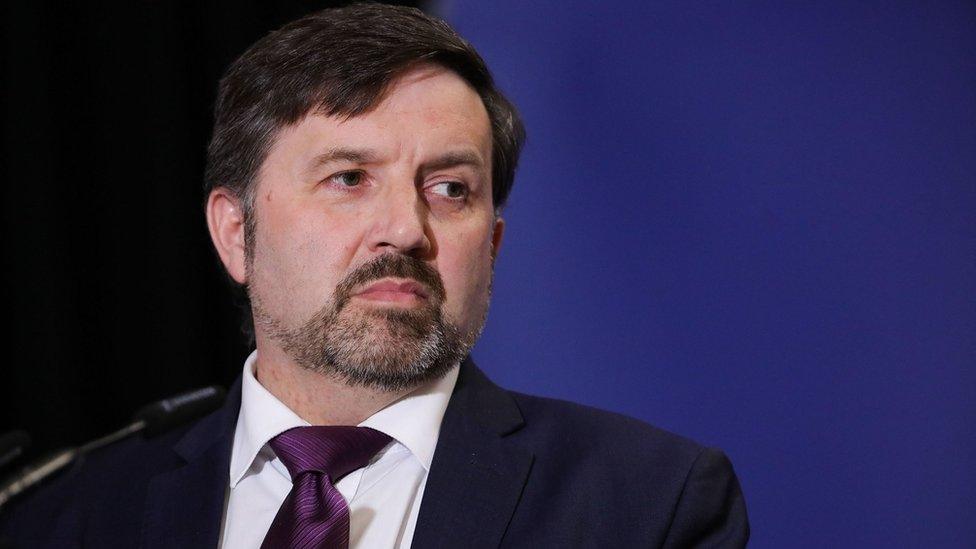
Health officials have to prepare for a potential second wave of Covid-19
Meanwhile, patient waiting lists continue to grow.
At the end of May, the numbers waiting for a first appointment with a consultant in Northern Ireland stood at just over 307,000- up more than 2,000 since December, and 18,312 since the end of March 2019.
Those figures do not factor in most of the Covid-19 crisis period, during which most appointments and outpatient services were reduced.
Mary Anderson, 64, who has osteoarthritis, rheumatoid arthritis and fibromyalgia, was told she needed surgery on her left ankle in June 2019.
Due to her rheumatoid arthritis medication, she needed a three-month review before going onto the waiting list which did not happen until March 2020.
By then, a proper assessment could not be completed due to coronavirus restrictions.
"The most frustrating thing is that I've been told I should be on a waiting list for ankle surgery, and the point of my consultation in March was to determine how high up on the list I need to go," she said.
"But as this was done over the phone due to Covid, an X-ray could not be taken and a proper assessment couldn't be made.
"If this appointment had happened when it was supposed to in September 2019, I wouldn't be waiting in pain."
Sara Graham, director of Versus Arthritis in NI, said patients are suffering.
"Our patients have had urgent surgery postponed and delayed and they are living with the most horrible pain day in, day out and they can't ignore that," she said.
"So we are asking government not to ignore it either.
"Often arthritis is not taken seriously and we are asking government and the health service, as they re-prioritise services, not to forget about those patients."
- Published10 July 2020
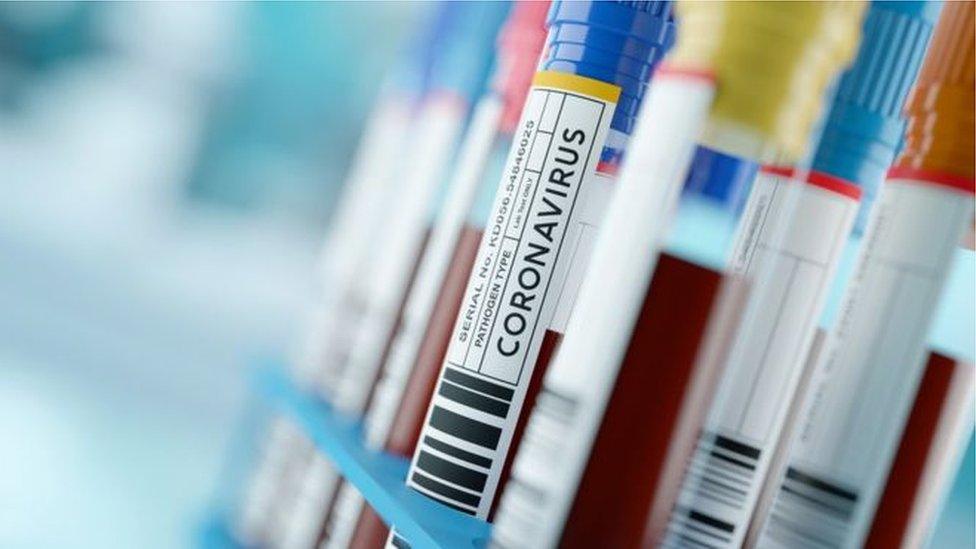
- Published29 May 2020
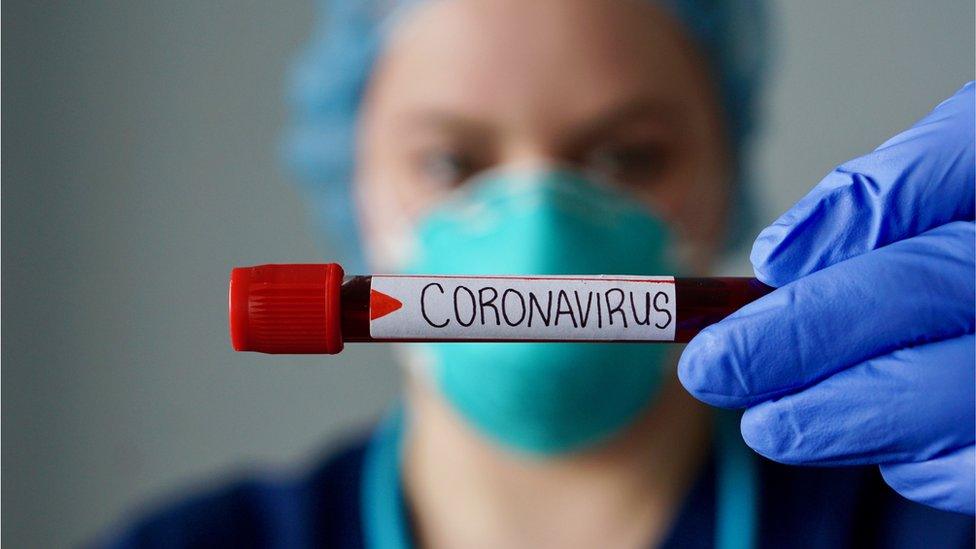
- Published15 April 2020
